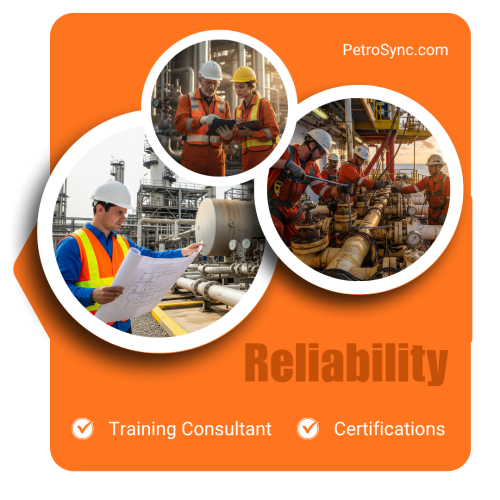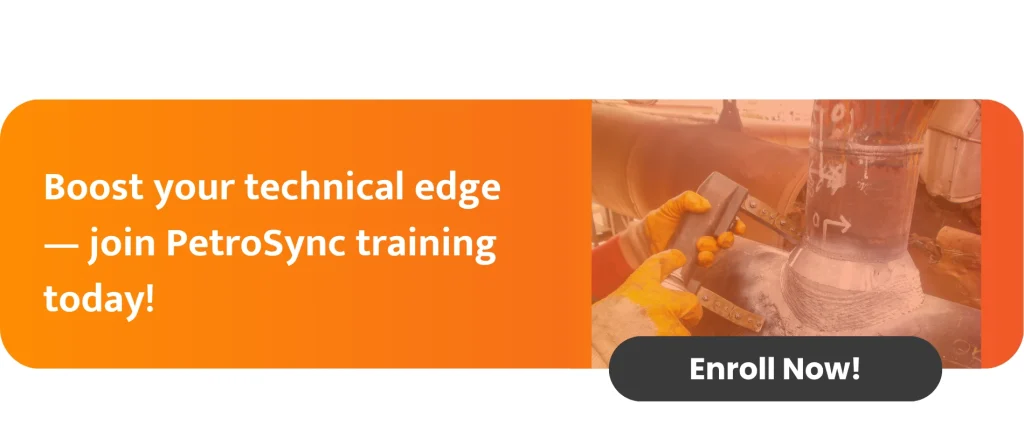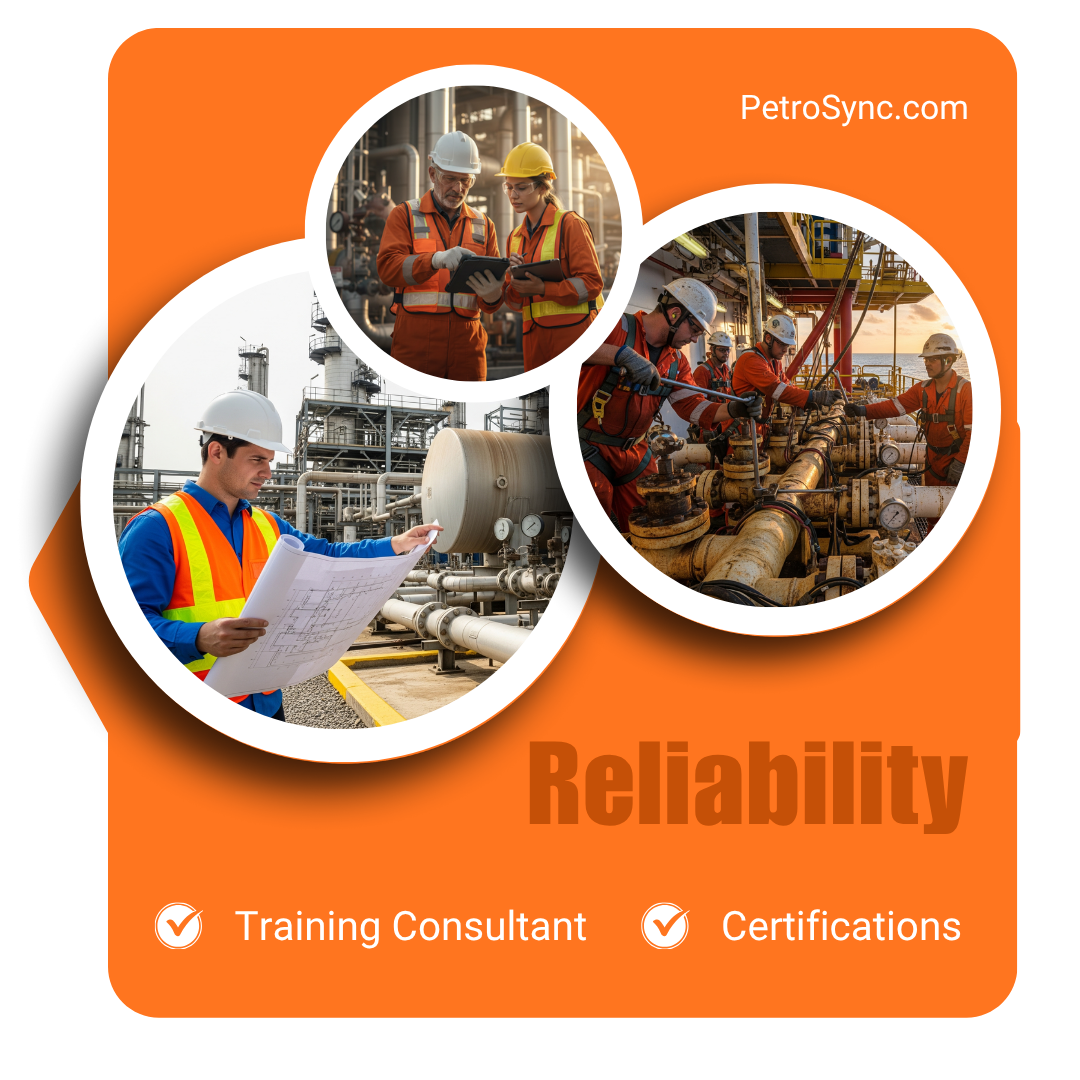In asset-intensive industries like oil and gas, unplanned equipment failures and inefficient protection strategies can significantly impact safety, productivity, and profitability. Consequently, senior leaders and technical managers are increasingly seeking smarter, data-driven decisions that challenge outdated protection practices.
Reliability Centered Maintenance (RCM) has emerged as one of the most effective methodologies to extend asset life and align maintenance with operational goals. However, successfully implementing RCM requires more than theoretical knowledge.
Therefore, it requires a realistic understanding, structured processes, and guidance from experts who grasp real-world industrial complexities. That’s why a structured coaching software – such as the Reliability Centered Maintenance Course delivered via area specialists – will become worthwhile funding for agencies searching for operational excellence and long-term efficiency.
Table of Contents
ToggleWhat is Reliability Centered Maintenance?

Reliability Centered Maintenance (RCM) is a structured and systematic approach used to figure out the most effective protection method for bodily assets, tailored to their operational context. Rather than relying on consistent schedules or reactive fixes, RCM focuses on holding close asset functions, figuring out failure modes, and prioritizing risks to ensure reliability and safety.
Specifically, the method integrates Failure Modes and Effects Analysis (FMEA) with practical selection to outline renovation tasks that prevent or mitigate failures. As a result, implementing RCM can lead to measurable business outcomes.
What is a Reliability Centered Maintenance Course?
The Reliability Centered Maintenance Course is an expert training software program application that can furnish an in-depth draw close of RCM necessities and how to learn about them efficiently in industrial settings. Experts commonly design it for authorities working in challenging environments like oil and gas, petrochemical, power, and manufacturing.
In other words, this direction bridges the gap between concept and implementation. Enterprise veterans with hands-on experience facilitate the course, covering global standards and real-life case studies to ensure immediate field application.
What Is Reliability Centered Maintenance Course Objective?
In order to comprehend and practice these techniques, we will use a number of practical sessions – some simple examples to illustrate the principles, but also reconsider a number of technical RCM topics.
At the end of this course, you should:
- In addition, know how to describe the RCM process flow clearly.
- To begin with, understand the importance of identifying and categorizing assets.
- In addition, understand criticality and the FMECA approach in RCM.
- Understand how to develop an RCM analysis, as well as the implications of making the strategy work
- To proceed, make sure you understand the requirements for RC.
- Recognize the importance of data structure and content before you do any kind of strategy work
- In addition, understand RCM customization.
- In other words, you need to understand why a task comparison is essential.
- To begin with, understand what work packaging is.
- Understand how to implement RCM
- Recognize what a living program is
- Know the content of an RCM project plan
What Are Reliability Centered Maintenance Course Outlines?
DAY 1 – Introduction
- Module 1: Setting the Scene (Course Introduction)
- RCM History and Introduction to the RCM Standards SAE JA1011, SAE JA 1012
- Module 2: RCM Overview and Business Context
- Break
- Module 3: RCM Phase “What is Important?”
- Lunch
- Practical Session: Criticality Matrix
- Module 3: RCM Phase “What is Important?”
Break - Module 3: RCM Phase “What is Important?”
- Practical Session: Developing system Boundaries and Asset Hierarchical Structure (ISO 14224:2016)
- Conclude Day 1
DAY 2
- Reflection Day 1
- Practical Session: Functional Failure Analysis
- Module 4: RCM Phase “What should be done?”
- Break
- Module 4: RCM Phase “What should be done?”
- Lunch
- Practical Session: Maintenance Strategy (What works best?)
- Break
- Module 5: RCM Customization and Requirements
- Practical Session: FMEA
- Conclude Day 2
DAY 3
- Reflection Day 2
- Module 6: Change the Existing Program (Implementation and Improvement)
- Break
- Practical Session: Change the Existing Program
- Module 6: Change the Existing Program (Implementation and Improvement)
- Lunch
- Module 7: RCM Project
- Break
- Practical Session: Project Plan
- Module 8: RBI Integration with RCM in AMST
- Closure and Reflection Day 3
Who Should Attend a Reliability Centered Maintenance Course?
This course is specially designed for the following disciplines:
- Maintenance and Reliability Engineers and Managers
- Engineering personnel and managers
Enhance Operational Excellence: Join PetroSync Training Courses
As a result, in today’s tough industrial landscape, adopting the right protection approach is crucial to remain competitive. Therefore, PetroSync’s Reliability Centered Maintenance Course is designed for professionals aiming to reduce downtime, enhance asset performance, and drive long-term operational reliability.
As a result, this path offers a realistic and validated strategy, tailor-made to real-world challenges faced by leaders in oil, gas, petrochemical, and other asset-intensive industries. Moreover, led by experienced industry experts, the training combines updated theory with practical applications and real case studies.
If you’re searching to raise your team’s functionality and make extra strategic, data-driven preservation decisions, this is the probability to make investments in sustainable excellence – collectively with PetroSync.

Results-oriented and thorough SEO specialist with extensive experience in conducting keyword research, developing and implementing digital website promotion strategies and plans, managing campaigns to develop company websites in the digital world, excellent knowledge of marketing techniques and principles, and attentive strong attention to detail.









